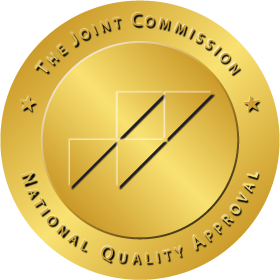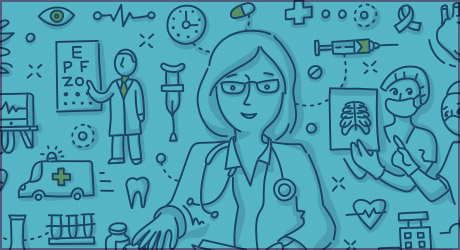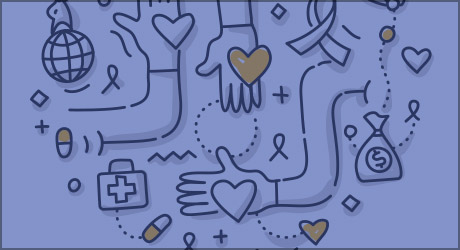
Why Choose Us?
At Eastern New Mexico Medical Group, we provide a spectrum of cardiac services, including emergency care, diagnostic and interventional cardiology.

- Dedicated, experienced interventional cardiologist and diagnostic cardiologist, board certified in cardiology, internal medicine and interventional cardiology (as appropriate)
- Accredited Chest Pain Center by the American College of Cardiology
- Accredited Primary Stroke Center by the Joint Commission, American Heart
- Association and the American Stroke Association Joint Commission Gold Seal of Approval® Hospital
- ACR-accredited facility in magnetic resonance imaging (MRI), computed tomography (CT), nuclear medicine and ultrasound
Our Services Include:
- Advanced diagnostic and imaging technology to find heart disease early, when it’s most treatable
- Coronary artery interventions that include balloon angioplasty and stent placement for blocked arteries
- Cardiac catheterization, including radial artery catheterization
- Implantable pacemakers (ICD pacemakers)
- Implantable cardiac monitoring
- Upper and lower extremity ultrasound
- Carotid ultrasound
- Echocardiograms (ultrasound of the heart)
- Treadmill stress tests
- Stress echocardiograms
- Nuclear stress testing
Heart Healthy Resources

A Woman’s Risk for Heart Disease is Different: Here’s What You Need to Know
Heart disease is a big issue in the United States for both men and women alike. But some risk factors are more unique to women.
Read more »

Is High Blood Pressure Considered Heart Disease?
Finding out you have high blood pressure can be worrisome if you aren’t sure what your numbers mean or what to do about them. Discover how high blood pressure affects your heart.
Read more »

How Does Smoking Affect Your Heart?
Smoking’s impact reaches far beyond your lungs, harming nearly every other organ in the body. Get the specifics on how smoking can influence your heart’s health.
Read more »

Why Your Heart Wants You to Pay Attention to Your Cholesterol
Your liver makes cholesterol in your body, but you also get cholesterol from eating certain foods. Find out how the wrong kind of cholesterol can impact your heart.
Read more »